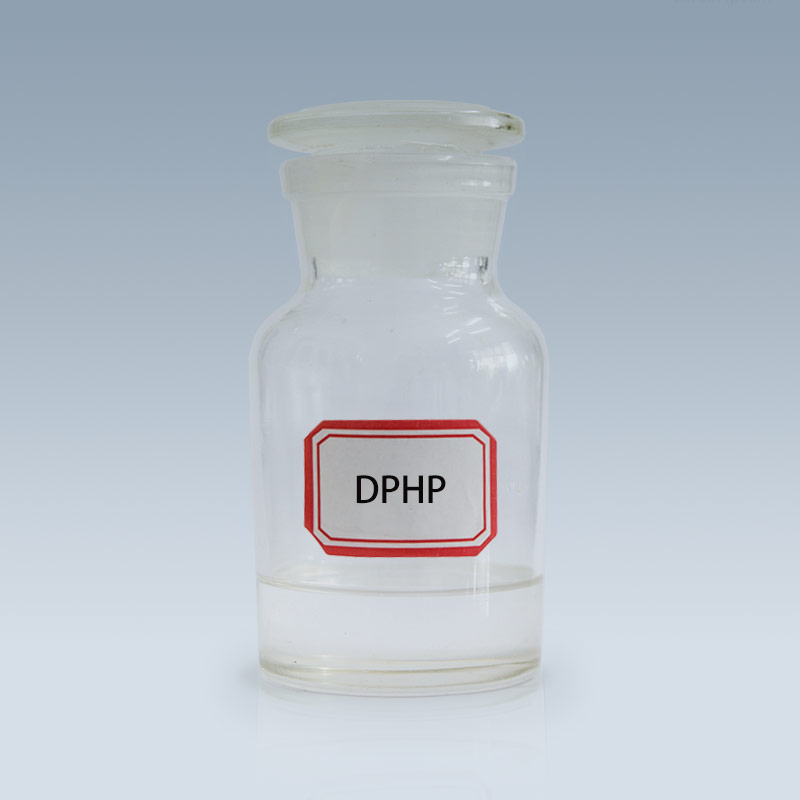Diisodecyl phthalate (DIDP) is a chemical compound classified as a phthalate ester, primarily used as a plasticizer. It is synthesized from the reaction of phthalic anhydride with isodecanol, a branched-chain alcohol. As a high-molecular-weight phthalate, DIDP is known for its effective performance in enhancing the flexibility and durability of various polymer products.
Chemical Properties and Structure
The structure consists of two isodecyl groups attached to a phthalate backbone, contributing to its high stability and low volatility. These properties make DIDP an excellent choice for applications requiring long-lasting performance under various conditions.

Applications
Plastics and Polyvinyl Chloride (PVC): DIDP is widely used as a plasticizer in the production of flexible PVC products. It improves the flexibility, workability, and impact resistance of PVC, making it suitable for applications such as cables, flooring, and synthetic leather.
Coatings and Sealants: DIDP is incorporated into paints, varnishes, and sealants to enhance their flexibility and durability. Its low volatility contributes to improved performance in coatings exposed to varying temperatures and conditions.
Rubber Products: In the rubber industry, DIDP serves as a plasticizer for products like gaskets, seals, and tires. Its addition enhances the elasticity and performance of rubber, making it more suitable for automotive and industrial applications.
Adhesives: DIDP is also used in adhesive formulations, where it improves the adhesion properties and flexibility of the final product. This is particularly beneficial in applications requiring strong, flexible bonds.
Other Applications: Beyond plastics, DIDP finds its way into various industrial products, including lubricants, inks, and textiles, where its plasticizing properties enhance performance and usability.
Market Trends
The demand for DIDP is driven by the growing plastics industry, particularly in regions like Asia-Pacific, where rapid industrialization and urbanization are occurring. As manufacturers seek more efficient and durable materials, the use of high-performance plasticizers like DIDP is expected to rise.



 English
English 中文简体
中文简体







